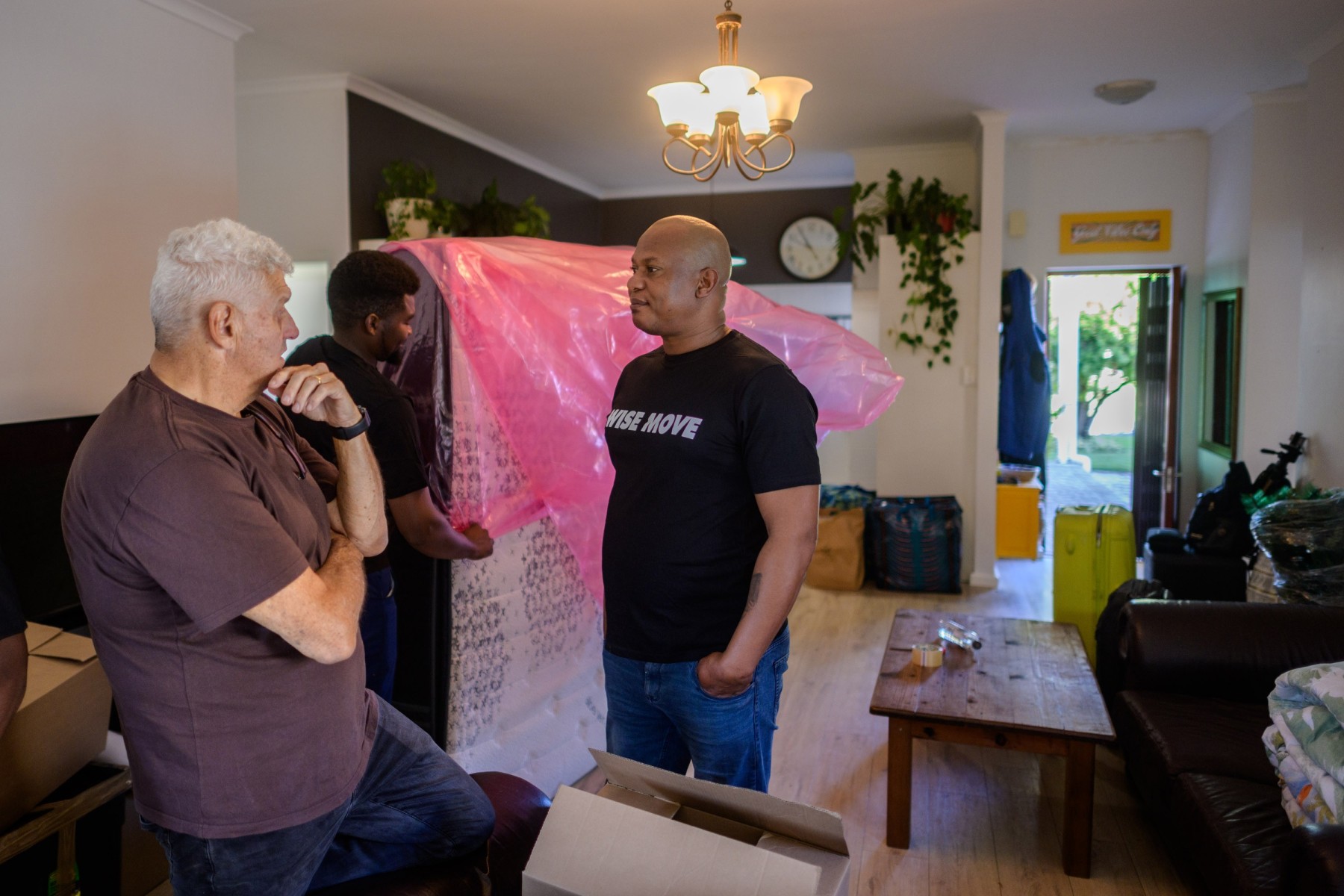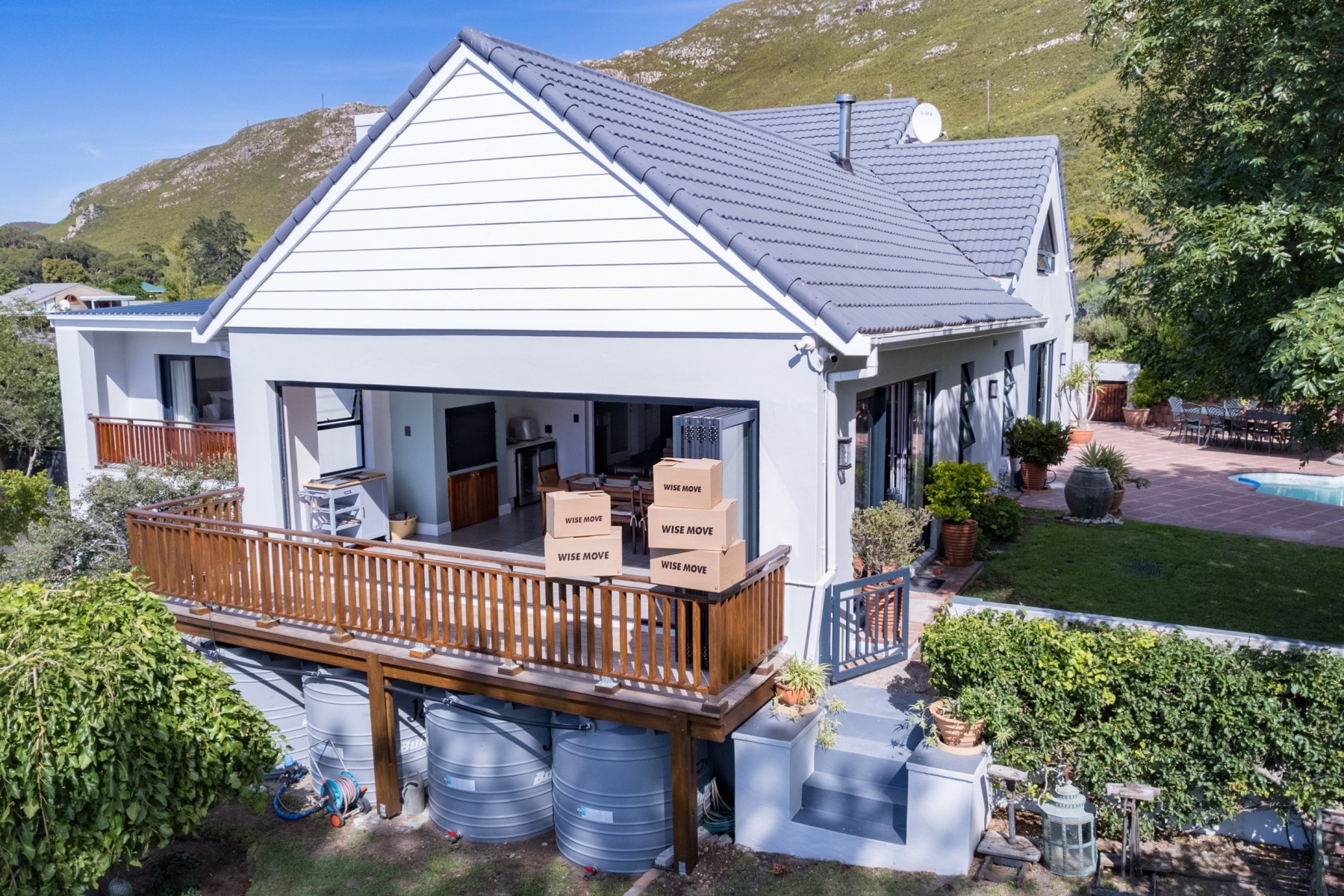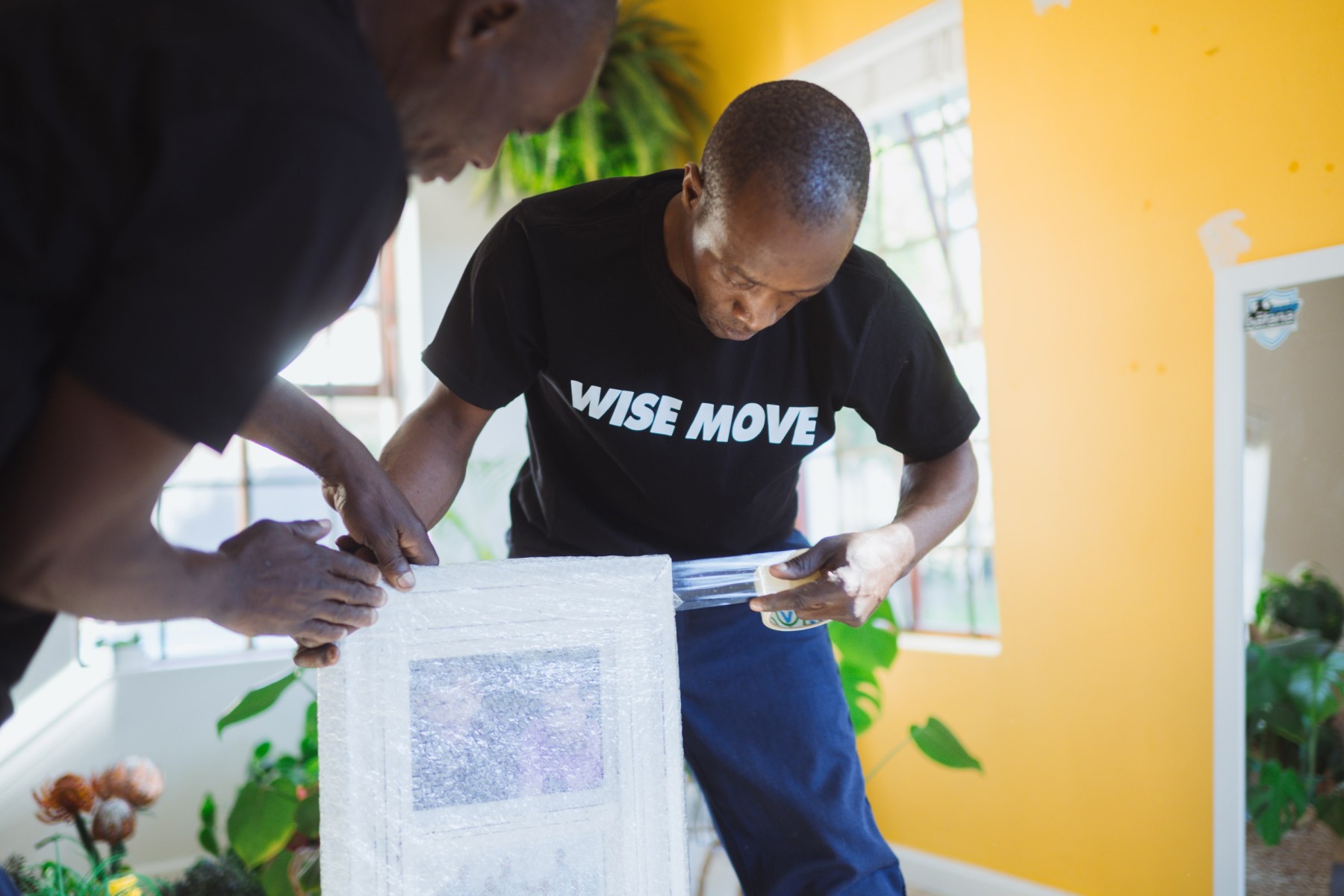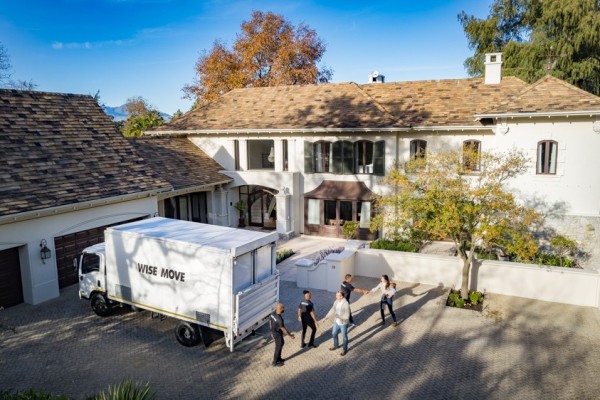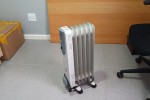Moving checklist and relocation guide in Cape Town


Moving between homes is never relaxing, even in a relaxed city like Cape Town. Even when everything goes like clockwork, the whole process can make you feel like your world is getting spun in a tumble dryer. So it’s well worth carefully planning your move to prevent any preventable curveballs when it’s moving day.
It doesn’t help that Cape Town can be an unpredictable place to transport a large amount of your worldly possessions. Traffic conditions can suddenly give an uncanny impression of Mumbai, wild weather can suddenly show up uninvited from Antarctica, and then a freeway can be closed for a sports event nobody told you about.
This guide provides a detailed recipe for a gloriously hitch-free moving process in Cape Town, offering practical advice on budgeting, prepping and packing, and finding the best local moving service.
Ready? Let’s get moving …
Starting the moving process
The first golden rule for moving in Cape Town is no different from anywhere else. Think ahead and start planning early.
Get the ball rolling 8 to 10 weeks before ‘M-Day’. Set a firm date or a firm week if need be. Decide on your budget after pricing the important costs. Most importantly, book your Cape Town moving service early to avoid missing out on the best options. Peak season in December and January is very busy—this is a time when families often move between school years.
Think through the logistics. For example, Cape Town's traffic and/or weather can snarl up your move. So it may be best to choose a day on which baseline traffic will be light, such as a weekend day (or even a public holiday). Bear in mind, moving on these days might be slightly more expensive. You can compare quotes from trusted movers for different dates on Wise Move’s platform.
Then, when the time is right, you’ll want to pack strategically. Box your clothes, books and kitchenware room by room. If space and manpower allow, you can shift boxes or larger items to “holding areas” before move day to prevent bottlenecks in awkward, tight spaces in your home.
There are some important admin tasks you’ll also need to take care of a few weeks before the move. For example, updating your address on local services and utilities’ databases to ensure uninterrupted service.
Keep a close eye on your budget and try to eliminate surprise costs.
Cape Town moving house checklist
Following this checklist will help guide you through your big Cape Town move:
Ten weeks before the move
-
If you still need to decide on your new address, you’ll first need to investigate the best neighbourhoods to live in Cape Town— and which one works best for you because it's closest to your work, or schools if you have kids. Look for areas that offer good value for money. You'll need to factor in the cost of living in that area, and whether renting or buying is a good option for you.
-
Finalise your moving budget, including moving service costs, packing materials, deposits and connection fees for utilities.
-
This is a good time to book your moving company. Get quotes from movers in Cape Town and book a date early to avoid paying more if you book later. For smaller moves, it’ll be cheaper to go for a last-minute booking, as many movers can fit you into a backload from another client’s move in the other direction. But there are no guarantees, and peace of mind is precious.
-
If you need temporary storage, get quotes from local storage services in Cape Town and book ahead of time.
-
Start decluttering your home and be brutal. This is a time to ditch anything you don’t need, use or love. If it has real sentimental value, by all means, keep it. But setting a high bar is always wise.
-
Draw up a packing schedule and organise your packing process into manageable tasks. This helps make everything less daunting.
-
Advise your landlord or agent about the move. If you are renting, inform them you’re moving and set a date with them for the final inspection.
Six weeks before the move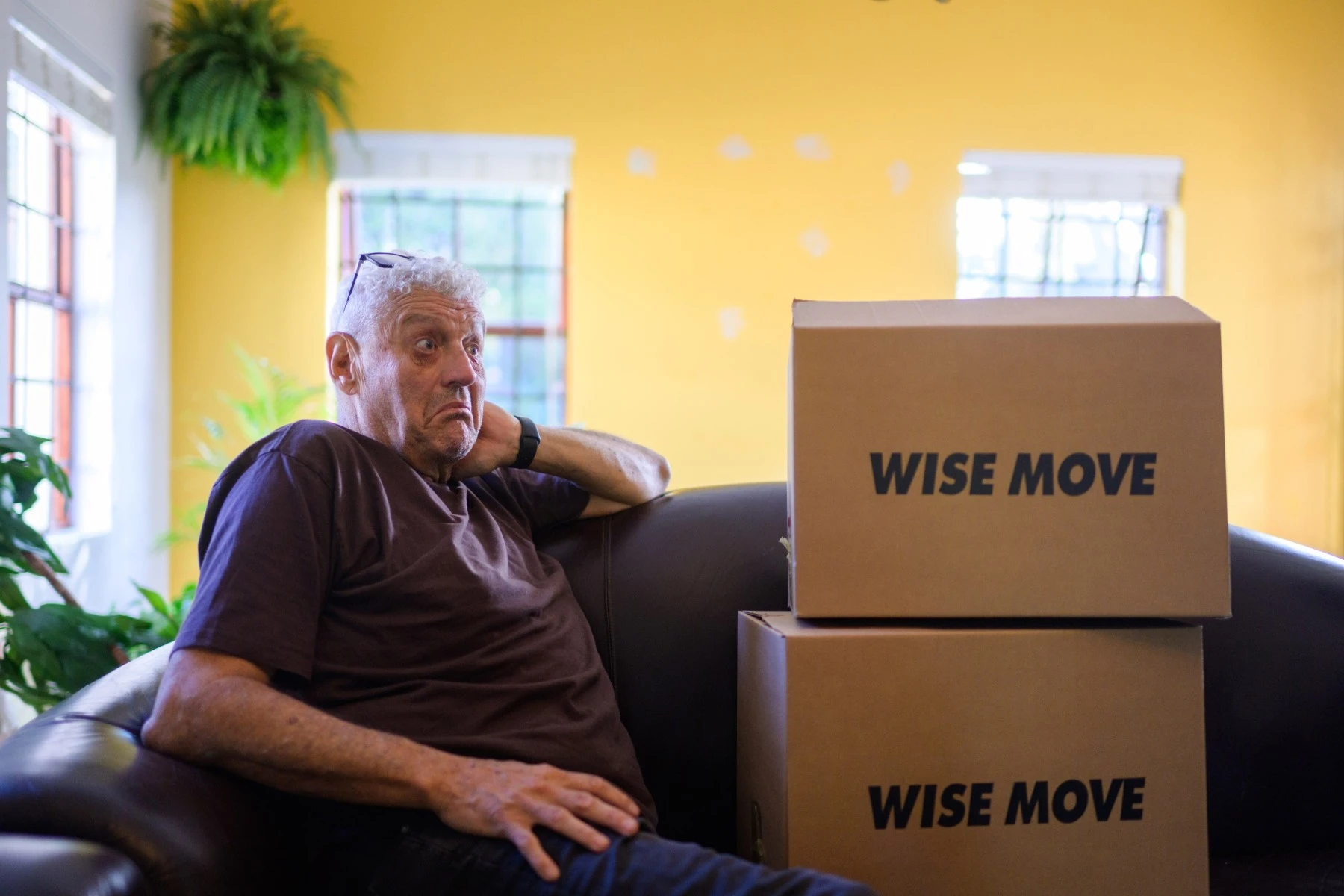
-
Start packing anything you won’t need before move day.
-
Place orders for your packing materials: boxes, cartons, storage units, tape, etc.
-
Tell your utilities (water, power and refuse collection) and other service providers (internet, subscriptions, etc.) that you will be moving—and when.
-
Update your new address with any other service, bank or official record that stores it.
-
Create a shortlist of special and fragile items like artwork, electronics and other valuables, which could be moved in a special consignment.
-
You may need to secure a temporary parking permit for your moving truck in Cape Town's inner city bowl and surrounding areas. This may especially be the case for areas that have restricted parking.
A month before the move
-
Confirm the details of the move with your moving service.
-
Book cleaning services if you don’t employ a regular cleaner. Landlords may penalise you for leaving a mess and deduct cleaning costs from your deposit at an above-market rate.
-
Consider what plans you need to make for your special loved ones, like your pets, young children, or elderly housemates. For example, they can spend the moving day at a friend or relative’s peaceful home.
-
Pop over to your new home and fix or clean anything that needs it ahead of the move.
Two weeks before the move
-
Keep up with the packing. Box and label all your belongings you won’t need till after the move, and work on one room at a time.
-
Assign a carry bag for all the essentials you’ll need on move day, like toiletries, a change of clothes, and important documents. You can finish packing it at the last moment.
-
Update your address details for official records such as your driver’s license and car registration. If you like to be organised, you can update your IEC voting district for the next elections.
One week before the move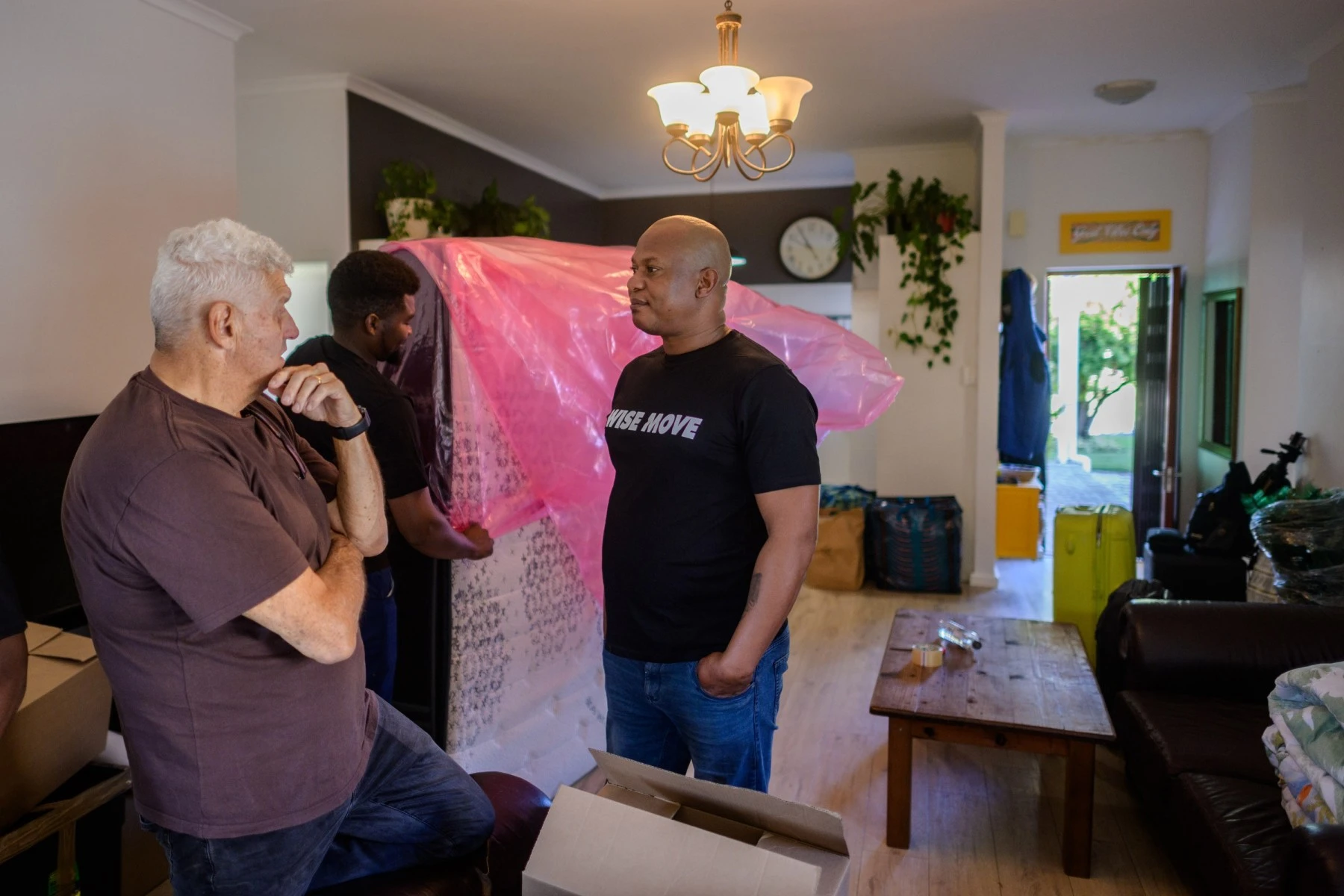
-
Confirm the move day details with your moving service.
-
Clean your current home, or at least tackle the time-consuming cleaning tasks.
-
Pack up the remaining items that aren’t needed in the next week.
-
Confirm your plans for pet and/or childcare on move day.
Moving day

-
Set aside a big enough parking place for the movers. You can mark it out with cones or pot plants. If you live in a sectional title complex or apartment block, clear this first with your body corporate and/or superintendent.
-
Meet the movers and let them know of any last-minute changes.
-
Do a final walkthrough of your old property to check if you’ve forgotten anything important.
-
When you arrive at your place, check that the utilities are working. If not, contact the utility companies to find out why.
Settling in at your new home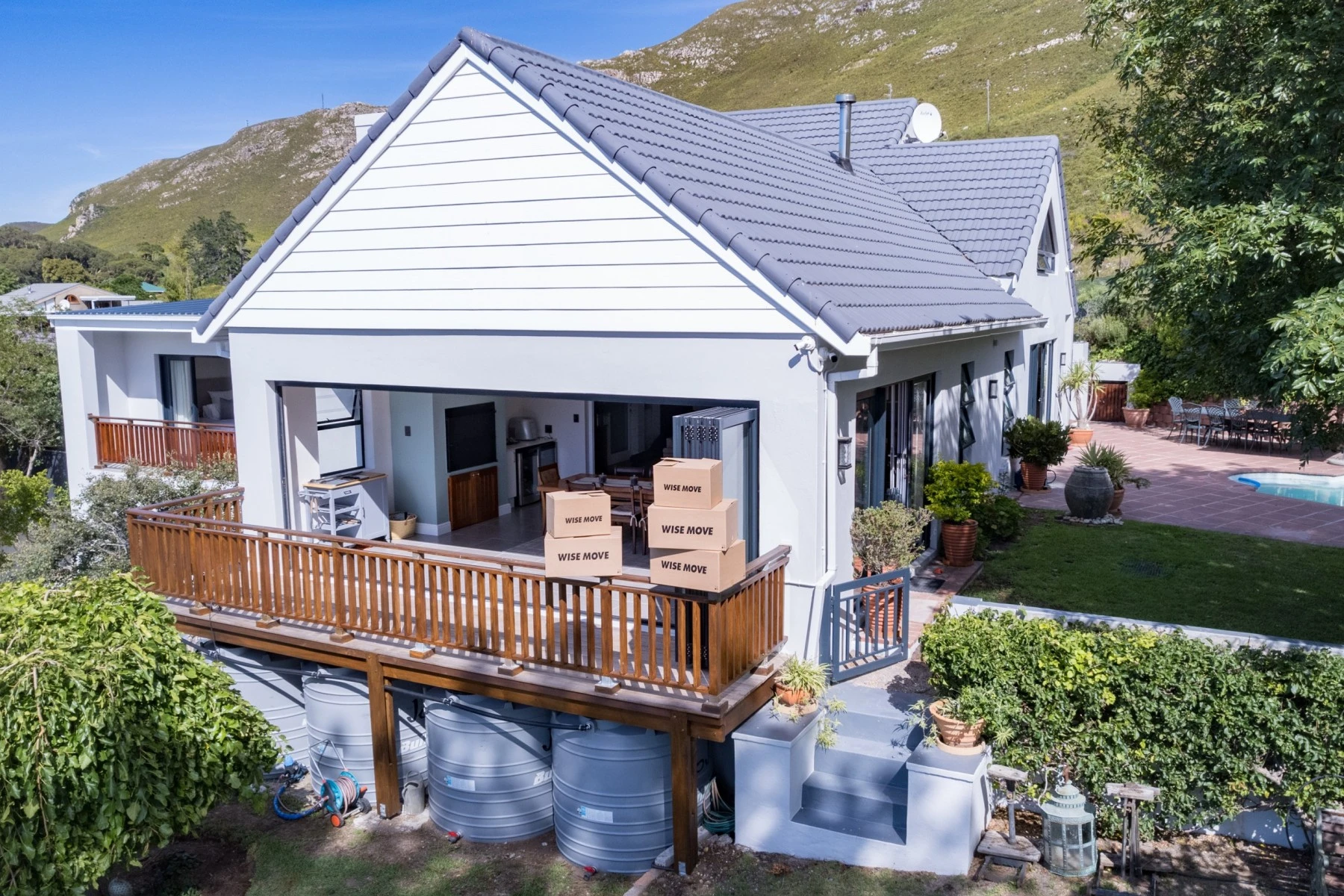
-
Unpack, unpack and then unpack some more. This is both a daunting and exhausting task, especially after all the work of packing up. Be gentle with yourself. Tackle the kitchen and bedrooms first. You can unpack the rest once the place is livable.
-
Confirm that all the boxes and furniture have arrived, and are placed in the right rooms.
-
Take a stroll around the neighbourhood. This will give you a relaxing break from all the move-day drama and give you a sense of your new surroundings.
Budgeting for your Cape Town move
The cost of hiring removalists in Cape Town will vary based on the following:
-
The total volume and (to a lesser extent) the weight of your possessions.
-
The distance to be travelled to your new home.
-
Weekend moves typically cost more, while midweek moves are cheaper.
-
A late booking can work out much cheaper due to a backloading offer from a moving service. They will fit your load into a truck’s unused return journey from another client’s move. But the certainty of booking early may be worth more than the possible savings from a last-minute booking.
-
If you’re buying your new home, you’ll need to factor in costs such as property inspections, conveyancing and legal fees.
-
If you’re selling, you should budget for marketing costs, agent fees if you’re using one, and the costs of securing electrical, beetle or other compliance certificates.
-
If you’re giving up a rental lease, you should account for some potential deductions from your refund due to wear and tear on the property.
-
If you’re starting a new rental content, you should budget for the deposit and potentially a month or two of upfront rental payments.
-
Other bills to consider include utility connections, packing supplies, and any parking permits you need on your moving day.
To hire a mover or not to hire? That is the question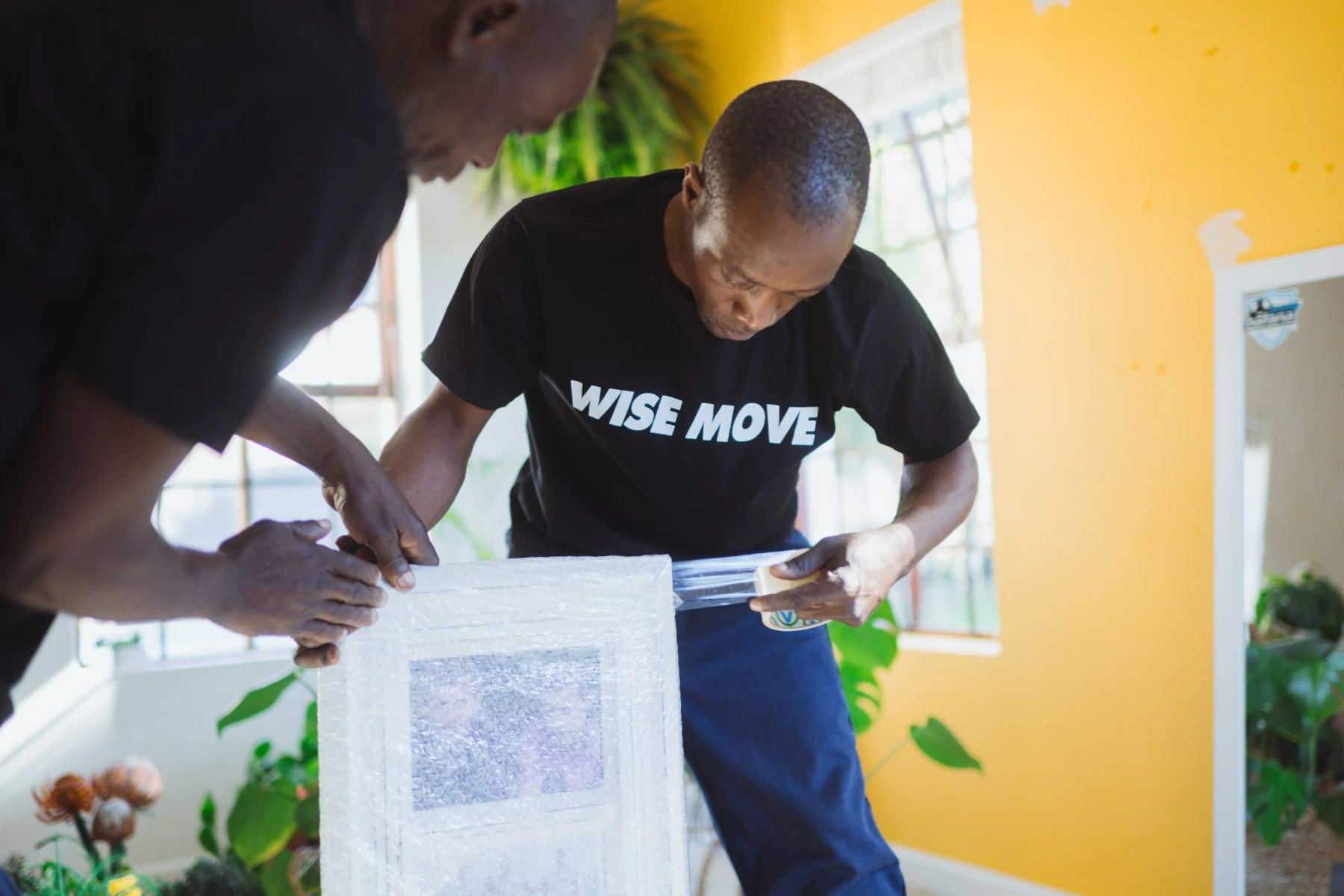
Should you hire a mover, or make the move yourself, assuming your load is small enough? That can be a tricky question.
It’s a tradeoff between higher cost on the one hand and a higher risk of damage to your valuables and a certainty of hard physical labour on the other hand.
Insurance offered by movers is a big factor to consider. Knowing you’re covered against potential losses is valuable, especially when entrusting your worldly possessions to strangers, however professional they may be. Their professionalism is a big advantage—they know exactly how to move everything safely.
If you opt for a mover, you can choose between a full-service move, a dedicated load, or a shared load.
Here’s a breakdown of these moving services and their pros and cons:
|
Type |
Pros |
Cons |
|
Full service |
A 'luxury' moving experience that's easy and stress-free. |
You pay a higher cost for the premium service. |
|
Dedicated load |
This is more affordable than full service, with very predictable timing. |
More work and stress packing up belongings than full service, with a higher carbon footprint if the truck is not filled. |
|
Shared load |
Lower costs and smaller carbon footprint. |
Your moving time and schedule are less predictable than with a dedicated load. |
|
DIY / Truck hire |
More cost-effective, with control and flexibility on the move. |
More stress, hard work, complexity and risk in transit. |
If you’re going to hire a mover, the Wise Move platform allows you to compare quotes from multiple moving companies and quickly book Cape Town’s best moving team.
Packing materials and supplies
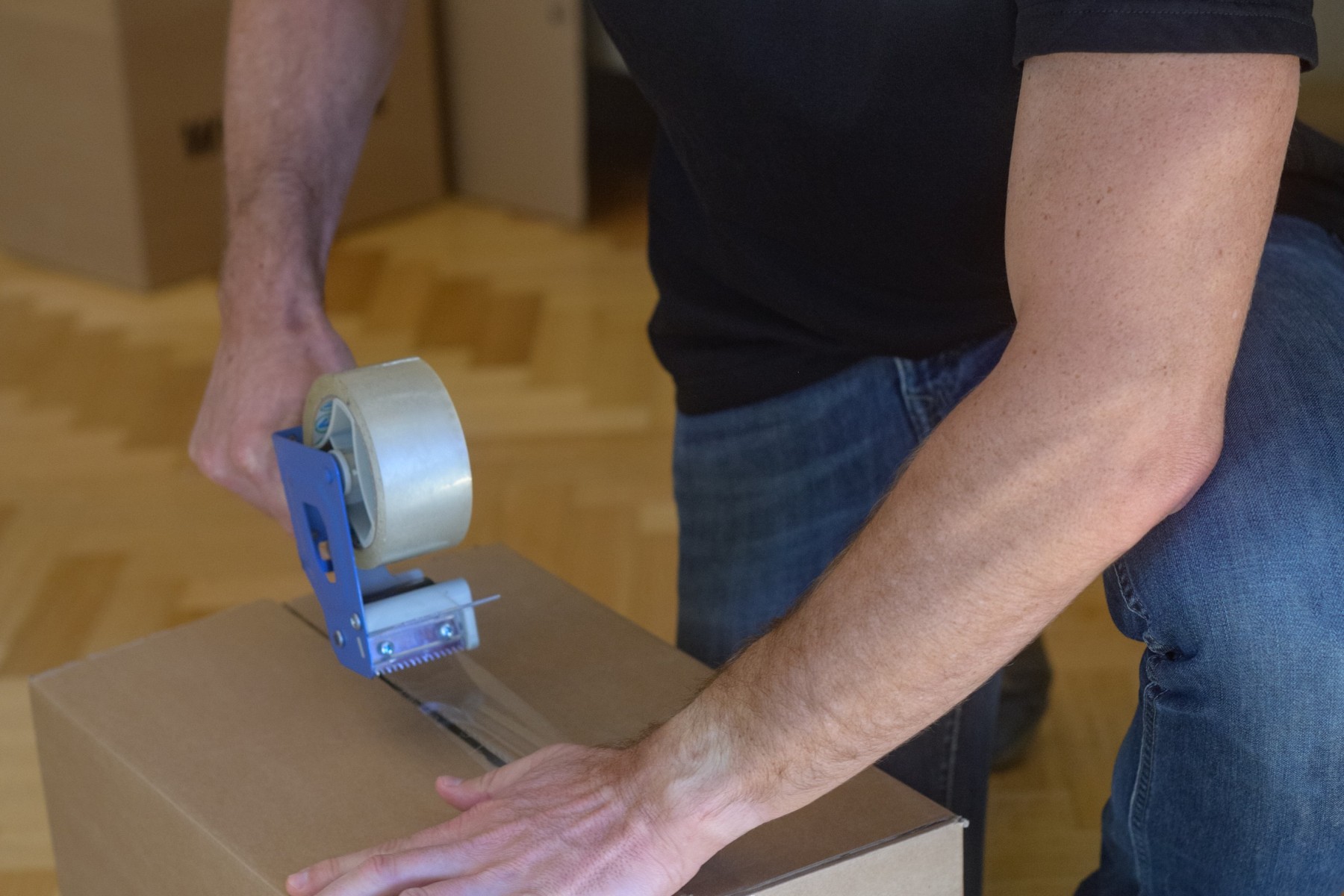 When our moving day is a long way off, we tend to tell ourselves, with breezy confidence: “And we’ll get some boxes and tape and stuff". That’s true. But there are boxes and there are boxes. Exactly how many will you need? And what size, and what shape?
When our moving day is a long way off, we tend to tell ourselves, with breezy confidence: “And we’ll get some boxes and tape and stuff". That’s true. But there are boxes and there are boxes. Exactly how many will you need? And what size, and what shape?
Here’s a rough guide to the quantities of packing materials you may need to move a three-bedroom home.
Packing boxes
-
5-20 small boxes for books, kitchenware, and fragile objects
-
15-20 medium boxes for clothes, kitchenware, and decor)
-
5-10 large boxes (for linen, duvets, coats and towels)
-
2-3 wardrobe boxes (for hanging clothes)
Where to get boxes:
Several specialist box suppliers in Cape Town will deliver to you, namely Box Shop, Box Boys and Ecobox. If you don’t need new ones, Takealot also supplies packs of second-hand boxes at competitive prices, and you can also find these on Facebook Marketplace.
With some patience and legwork, you can also source free boxes—by saving all your delivery packaging, collecting discarded boxes at supermarkets or recycling centres, and asking friends and family for their post-move leftovers.
Packing tape
Don’t just fold your box lids and hope everything stays inside. Everything won’t. Tape them up nicely.
You will likely need about 6-8 rolls of tape to seal your box lids. To be safe, get more so you don’t have to rush off to the store at the last minute.
Where to buy tape:
At major retailers like Builders, Takealot, PNA, or your local hardware store.
Bubble wrap & packing paper
-
One or two rolls of bubble wrap should be enough to cushion fragile items like glassware, plates, artwork and electronics.
-
Two or three rolls of packing paper will be needed to wrap up your breakables.
Where to get them:
You can find bubble wrap and packing paper at packaging suppliers like Box Shop and large online retailers like Takealot. Your moving service may supply them too.
Furniture pads or blankets
- You’ll need about 5-8 moving blankets to safeguard furniture, appliances and floor surfaces.
Where to get them:
Ask your moving company whether they will provide furniture pads or moving blankets, or else hire them out to you. You can also order them from retailers such as Takealot and Leroy Merlin.
Plastic bins
Maybe not essential for the move itself, but they are easy to carry, space-efficient and robust, and will prove very useful in future.
- Two or three plastic bins should do the trick.
Where to get them
Box suppliers, Builders, Leroy Merlin and Pick ‘n Pay Home all stock plastic bins.
The big clean-up to get your full rental deposit back
When you leave a home, it’s good karma to leave it perfectly clean. And if you’re a renter, it’s also good sense, because even the nicest landlords love to deduct any expense they can find from your lease deposit—don’t give them that chance. If you employ a cleaner, make it clear to them that this is a deep clean of all surfaces, not a routine clean.
- When deep cleaning each room, start high. This way, debris and dust won’t fall on a surface you’ve already cleaned. Begin by dusting the ceilings, lights, vents and curtain brackets. Next, dust or wipe the walls and windows, and then finish off with the floors.
- Your kitchen will need special attention, especially inside the stove, and on the underside and top of the extractor fan or stove hood. Remember to clean behind and under the fridge, which you can easily forget about if you’re leaving it behind. Scrub down all counters, sinks, appliances, and the tops of cupboard units.
- Scrub the tiles, mirrors, and sinks in the bathrooms. You can whiten up grey or mouldy grouting by applying a thick paste of water and baking powder (bicarbonate of soda), leaving it on for an hour, and then rinsing off with water.
- Vacuum or sweep all the floors, below furniture and in hidden corners. Wipe skirting boards clean.
- Hiring a professional carpet cleaner may be necessary if any carpets are stained.
- Remove all trash or recyclables anywhere on the property or pavement outside. Dispose of these items at your nearest recycling drop-off sites in your area.
- Once you’re happy, take some time-stamped photos to document the state of the house when you left it.
Storage options and costs during the move process
If you don’t have time to unpack everything immediately or if the new place isn’t big enough for all your stuff, it may be a good idea to put some things into a storage facility.
Storage prices in Cape Town are a bit more expensive than in Johannesburg, with monthly rates for large units ranging between R700 and R2,000. Facilities in outlying and industrial areas tend to be cheaper than conveniently located central options.
Cover your storage goods
While storage companies usually offer you standard insurance for your goods, it may be wise to supplement it with additional cover, whether provided by the company or sourced yourself.
Caring for your loved ones on moving day
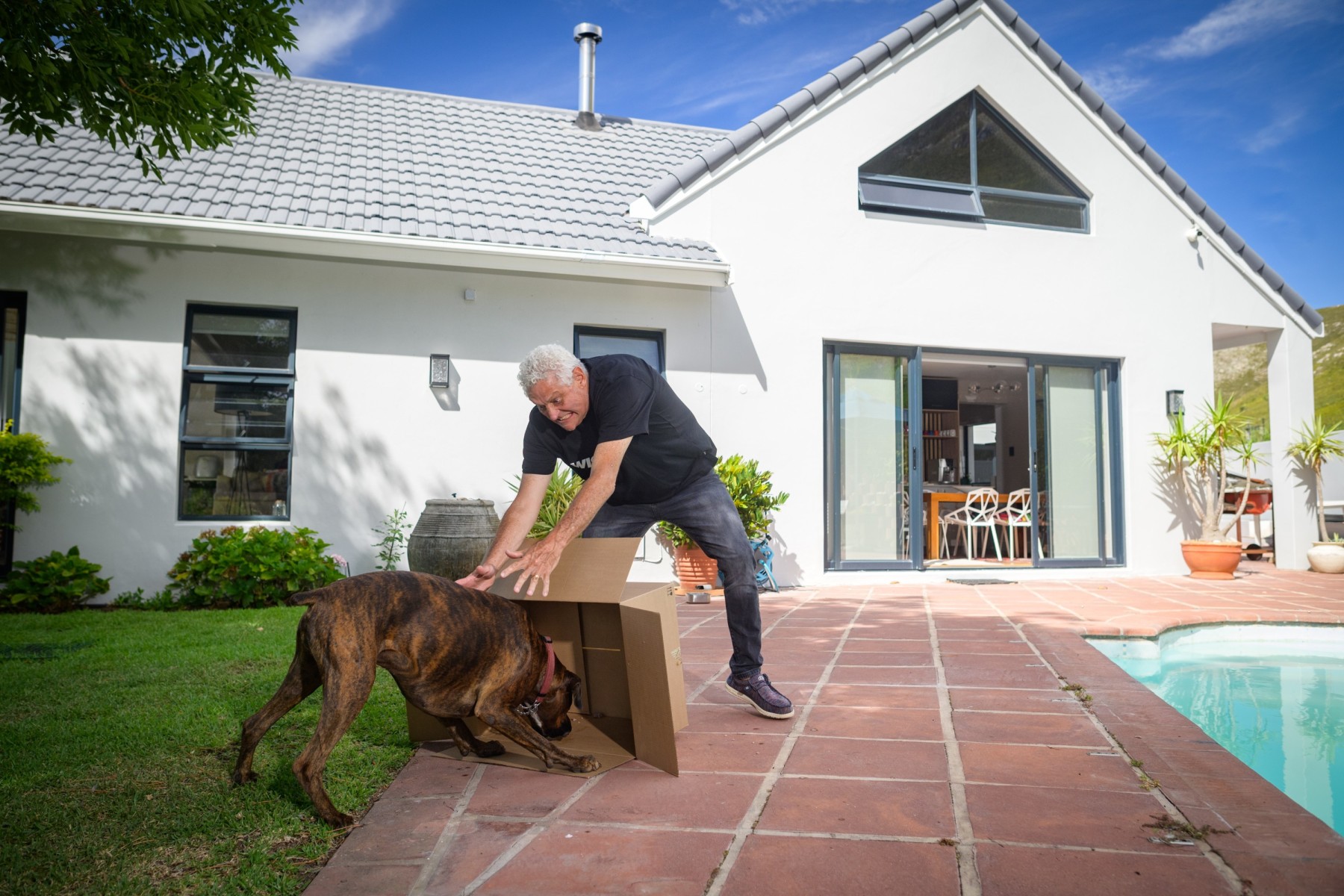 Because moving is stressful, you need to make plans to reduce disruption and anxiety — for yourself, but also for kids, elderly relatives and pets.
Because moving is stressful, you need to make plans to reduce disruption and anxiety — for yourself, but also for kids, elderly relatives and pets.
Easing the pets’ move
Pets can be disoriented and upset by a move, particularly a long-distance one. You should pack a bag with all their essentials like food, water, and perhaps a cosy toy or familiar bed or blanket. If it’s a longer trip, you can use a professional pet transport service.
Keeping kids calm
Younger kids can get manic on move day, which doesn’t help the mood of parents. To help make your move with kids smoother, involve them in the packing process where practical to keep them busy. On the day itself, it may be a good idea for them to play with friends or relatives until the heavy lifting is done.
Caring for elderly relatives
Moving is particularly daunting and frustrating for the elderly. If you’re moving with an older parent, maximise their comfort by ensuring they have an accessible bag with all their medication and precious items. It’s best if someone can accompany them on the move, to navigate any mobility challenges and make sure they’re OK.
Managing your disability on move day
If you're moving with a disability, the top tips are to have an accessible bag containing your essentials and to check in advance that your new home is accessible, with wider doorways or ramps where necessary. Knowing where local medical services are will help ease your nerves.
Choosing a trustworthy Cape Town moving service
Moving to Cape Town, whether across town or out of town, is not for sissies. That’s why finding the most trusted, best-value moving service is essential. Don’t leave the choice to chance. Use Wise Move's moving booking platform, which generates a range of quotes from proven and reputable movers, to book the best Cape Town moving team for the job.
What do our customers say?







